Blog Index
1 January 2021
A New Year, Jack in the Green, Keep to the Left, the Left, the Left, Birding, Street Art, and Empire

 The photos presented here will give you some idea of what conditions were like on the south coast of New South Wales last January. There’s Corrimal Caravan Park with the grey haze of the bush fires dulling the sky. There is also a Spoonbill doing it tough at Bellambi Lagoon, the water, what there was of it, an ugly brown.
The photos presented here will give you some idea of what conditions were like on the south coast of New South Wales last January. There’s Corrimal Caravan Park with the grey haze of the bush fires dulling the sky. There is also a Spoonbill doing it tough at Bellambi Lagoon, the water, what there was of it, an ugly brown.
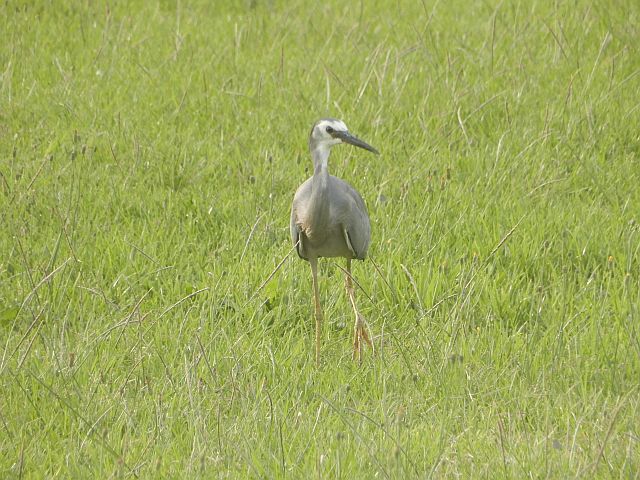 It is once more a new year with all the promise of a new year. There is plenty of green around as this white-face heron can tell you. Let’s see if we can make January 2021 better than January 2020. For a start, our waterways on the south coast of New South Wales, Australia are in better condition than they were a year ago. Black Cockatoos are about which is always a good sign. We have had plenty of rain at least along the coast so hopefully no bushfire repetition.
It is once more a new year with all the promise of a new year. There is plenty of green around as this white-face heron can tell you. Let’s see if we can make January 2021 better than January 2020. For a start, our waterways on the south coast of New South Wales, Australia are in better condition than they were a year ago. Black Cockatoos are about which is always a good sign. We have had plenty of rain at least along the coast so hopefully no bushfire repetition.

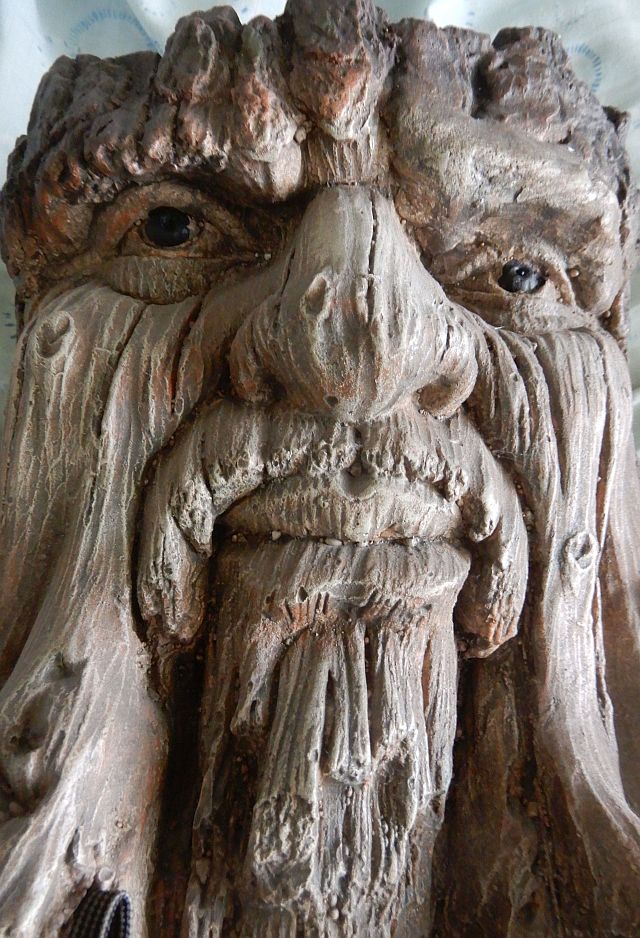 Ah Jack in the Green! He is doing a splendid job for us! The southern hemisphere has the opposite weather to the northern hemisphere. This becomes all too obvious in December and January. In the north you have the cold, in the south the heat. It seems to me that Jack in the Green does his thing in Australia in our spring and summer months and not in May and June. Jack has been busy of late here on the south coast of New South Wales. There is a lot of welcome green around.
Ah Jack in the Green! He is doing a splendid job for us! The southern hemisphere has the opposite weather to the northern hemisphere. This becomes all too obvious in December and January. In the north you have the cold, in the south the heat. It seems to me that Jack in the Green does his thing in Australia in our spring and summer months and not in May and June. Jack has been busy of late here on the south coast of New South Wales. There is a lot of welcome green around.
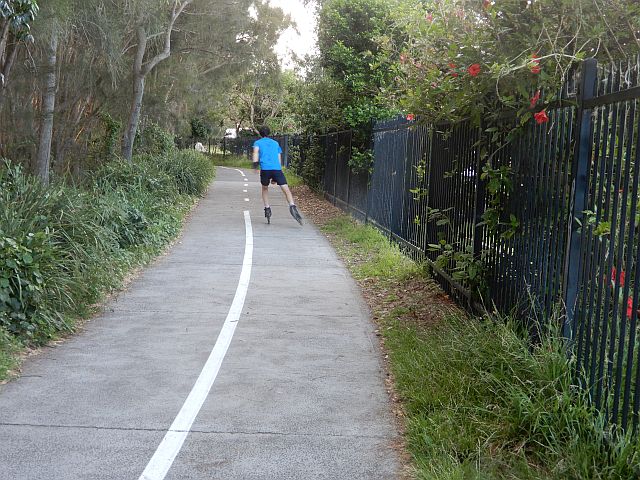
 We see continuing madness on our walkways, especially the walkway that takes you to Corrimal Beach. Here, in late December, we have a person on roller skates ignoring the white lines put in for everyone’s protection. It was once a footpath. Now? Keep to the left, the left, the left or risk getting hit by a bike, possibly a motorized one. Consider it a road and please do keep to the left, the left, the left or risk life and limb!
We see continuing madness on our walkways, especially the walkway that takes you to Corrimal Beach. Here, in late December, we have a person on roller skates ignoring the white lines put in for everyone’s protection. It was once a footpath. Now? Keep to the left, the left, the left or risk getting hit by a bike, possibly a motorized one. Consider it a road and please do keep to the left, the left, the left or risk life and limb!
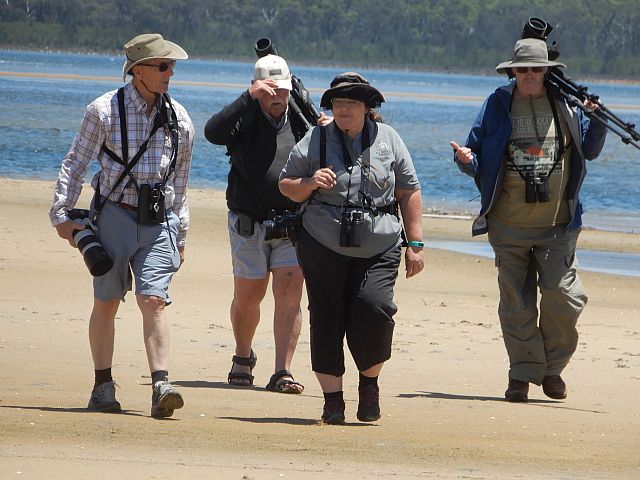
 Lake Wollumboola at Culburra Beach in late December was an adventure worth having with an intrepid group of Illawarra birders. Little terns were nesting and there were roped off areas giving some protection to them. Even so, like Andrew Wood, you could still get too close and get dive bombed by one of them. It is hoped that their nesting was successful since they are such skillful flyers and a delight to see in the air. I have seen other terns before but not Little Terns.
Lake Wollumboola at Culburra Beach in late December was an adventure worth having with an intrepid group of Illawarra birders. Little terns were nesting and there were roped off areas giving some protection to them. Even so, like Andrew Wood, you could still get too close and get dive bombed by one of them. It is hoped that their nesting was successful since they are such skillful flyers and a delight to see in the air. I have seen other terns before but not Little Terns.

 There were wonderful sightings of birds in flight including Gulls, Little Terns and Sea Eagles. I saw two Sea Eagles but wasn’t able to get a good shot of them. I managed, however, to do alright when it came to Gulls.
There were wonderful sightings of birds in flight including Gulls, Little Terns and Sea Eagles. I saw two Sea Eagles but wasn’t able to get a good shot of them. I managed, however, to do alright when it came to Gulls.
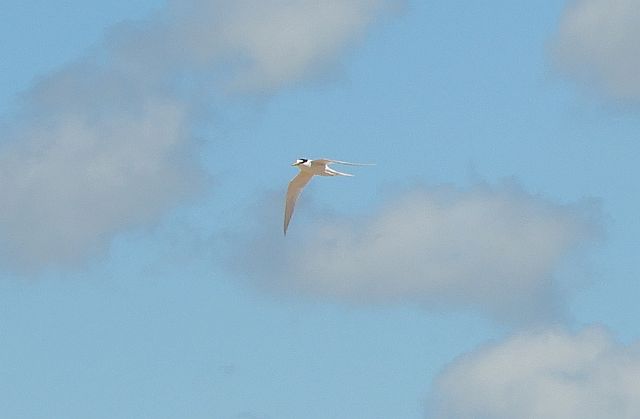
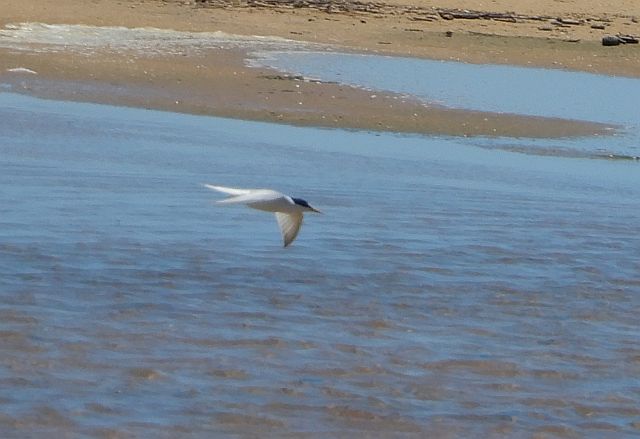 In terms of photography, I also did all right with Little Terns. They definitely made their presence known to us.
In terms of photography, I also did all right with Little Terns. They definitely made their presence known to us.
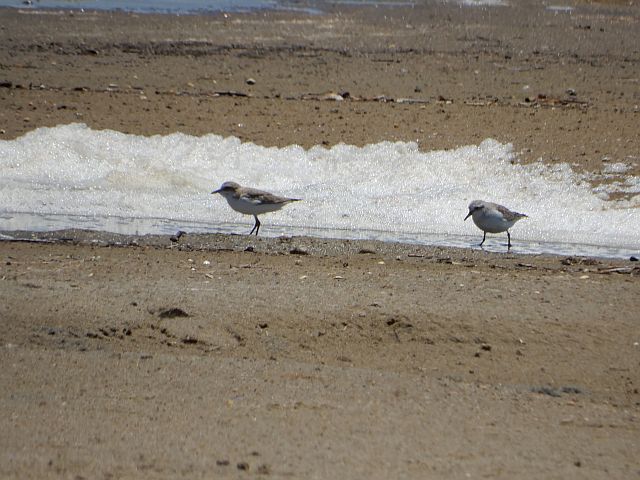
 There were also other birds about including various Plovers and Pied Oystercatchers. The lake day varied from overcast with the possibility of rain to bright and sunny. Oh yes! There were also windy moments! I am still getting used to the idea of wearing a hat but hats were definitely essential for the possibility of rain, for the sun and also the wind.
There were also other birds about including various Plovers and Pied Oystercatchers. The lake day varied from overcast with the possibility of rain to bright and sunny. Oh yes! There were also windy moments! I am still getting used to the idea of wearing a hat but hats were definitely essential for the possibility of rain, for the sun and also the wind.

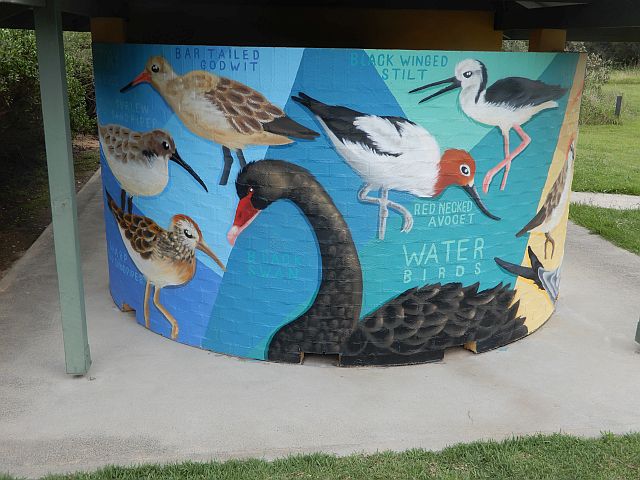 It seems to be a case on a lot of the toilets on the south coast of New South Wales you have this marvelous street art. Here at Lake Wollumboola you have representations of what you might get to see on the beach, in the air and in the water.
It seems to be a case on a lot of the toilets on the south coast of New South Wales you have this marvelous street art. Here at Lake Wollumboola you have representations of what you might get to see on the beach, in the air and in the water.
 How did a ruler of Britain come to rule a vast empire? I mentioned bluff to a friend and believe, from what I have read, that this was an essential part of how it came about. This is the Google definition of bluff: The most common usage of bluff is as a verb meaning to pretend. If you bluff at cards, you are pretending to have a better hand than you do. ... Calling someone's bluff means forcing them to admit the truth. I will go with the pretending to have a better hand than you do angle since this was often the case.
How did a ruler of Britain come to rule a vast empire? I mentioned bluff to a friend and believe, from what I have read, that this was an essential part of how it came about. This is the Google definition of bluff: The most common usage of bluff is as a verb meaning to pretend. If you bluff at cards, you are pretending to have a better hand than you do. ... Calling someone's bluff means forcing them to admit the truth. I will go with the pretending to have a better hand than you do angle since this was often the case.
 Having more advanced technology than a possible foe doesn’t always work. Neither does have this potential enemy believe you are in some ways superior to them when, in fact, this is not the case. Having both working for you, however, can get you the prize you want and also allow you to keep it. This was how India became the jewel in Queen Victoria’s crown.
Having more advanced technology than a possible foe doesn’t always work. Neither does have this potential enemy believe you are in some ways superior to them when, in fact, this is not the case. Having both working for you, however, can get you the prize you want and also allow you to keep it. This was how India became the jewel in Queen Victoria’s crown.
A bluff, however, can eventually run out of steam as in the case of India. Mistakes by the British made in India in the 19th Century came back to haunt them in the 20th Century. Britain and other leading European powers were crippled financially and also spiritually by the First World War and then the Second World War. The thin veneer of superiority that only foolish administrators actually believed whole heartedly in began to crumble and blow away.
Mahatma Gandhi, a lawyer trained by the British, used British law and peaceful protest to help guide India toward independence. The USA used Lend Lease arrangements to save Britain from the Germans during the Second World War but also to financially restrain the British. It wasn’t until the 1990s that the British finished paying off this debt.
The biggest beef the Americans had against the British in the 1930s and 1940s was empire. The Americans didn’t like the very notion of colonialism even though they had, after they had achieved independence from Britain, put together their very own empire. The original number of states that added up to the USA was 13. Today there are 50 states. This expansion meant the taking over of land that didn’t belong to them. There was conquest and also purchase such as the Louisiana Purchase from the French and the buying of Alaska from the Russians. The argument that the land is all mainland America anyway doesn’t hold up since Hawaii, the 50th state, is far from main and USA.
There is some truth to the notion that the Vietnam War was about reestablishing colonialism. The French had Vietnam as part of Indochina. They wanted it back. If they couldn’t have it for now, it should go to some other Western power. For the USA and Australia there was the question of communism. Since those pushing for rule by the Vietnamese were, by the 1960s, communists they had to be fought. The outcome was the victory of communist forces over western style democracies.
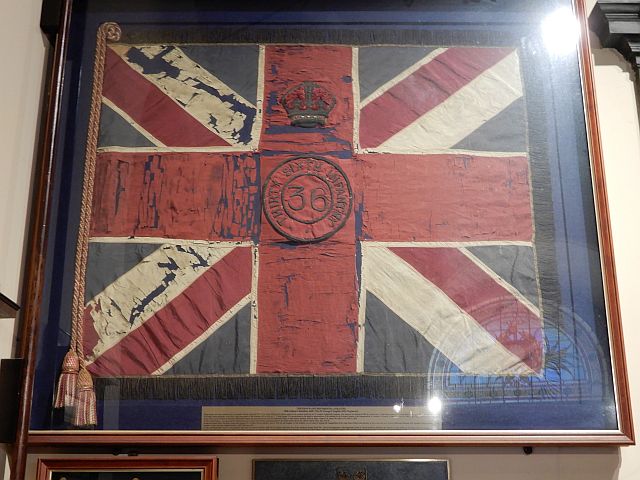 What did empire give the British anyway? For a very small number of them it brought wealth. This cannot be denied. Poverty in many parts of Britain, especially in Ireland, however persisted. In England in the 1860s there was the possibility of mob violence and rule because of the tax on imported grain. This did not come about but it was a close call.
What did empire give the British anyway? For a very small number of them it brought wealth. This cannot be denied. Poverty in many parts of Britain, especially in Ireland, however persisted. In England in the 1860s there was the possibility of mob violence and rule because of the tax on imported grain. This did not come about but it was a close call.
Charles Dickens’ London has its poor and needy. The Industrial Revolution, which started in the UK, was far from fair to everyone. Empire meant a ready market for goods and places to import raw materials cheap. It also meant always having some military presence in various parts of the world and this presence tended to drain the coffers. My grandfather came from a less than prestigious part of London and was glad to be able to make a home for himself in Australia.
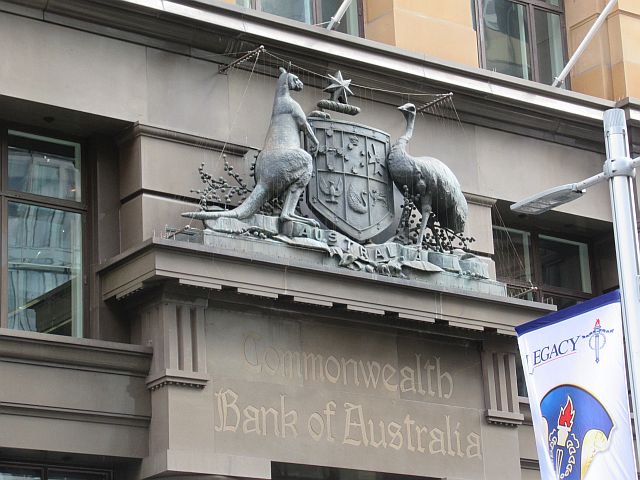 What about Australia? For a long while Australians provided the British with raw materials such as wool which they turned into garments. We have fought in both the First and Second World Wars. Our most celebrated Prime Ministers were educated in Britain and received British honors. Nowadays we look more to the Americans for military support and get into wars the Americans want us to get us into. Someday, possibly in my lifetime, Australia will become a republic. I was against the last proposed model because it was unworkable. Perhaps I will be in favor of the next proposal.
What about Australia? For a long while Australians provided the British with raw materials such as wool which they turned into garments. We have fought in both the First and Second World Wars. Our most celebrated Prime Ministers were educated in Britain and received British honors. Nowadays we look more to the Americans for military support and get into wars the Americans want us to get us into. Someday, possibly in my lifetime, Australia will become a republic. I was against the last proposed model because it was unworkable. Perhaps I will be in favor of the next proposal.

 The photos presented here will give you some idea of what conditions were like on the south coast of New South Wales last January. There’s Corrimal Caravan Park with the grey haze of the bush fires dulling the sky. There is also a Spoonbill doing it tough at Bellambi Lagoon, the water, what there was of it, an ugly brown.
The photos presented here will give you some idea of what conditions were like on the south coast of New South Wales last January. There’s Corrimal Caravan Park with the grey haze of the bush fires dulling the sky. There is also a Spoonbill doing it tough at Bellambi Lagoon, the water, what there was of it, an ugly brown.

















